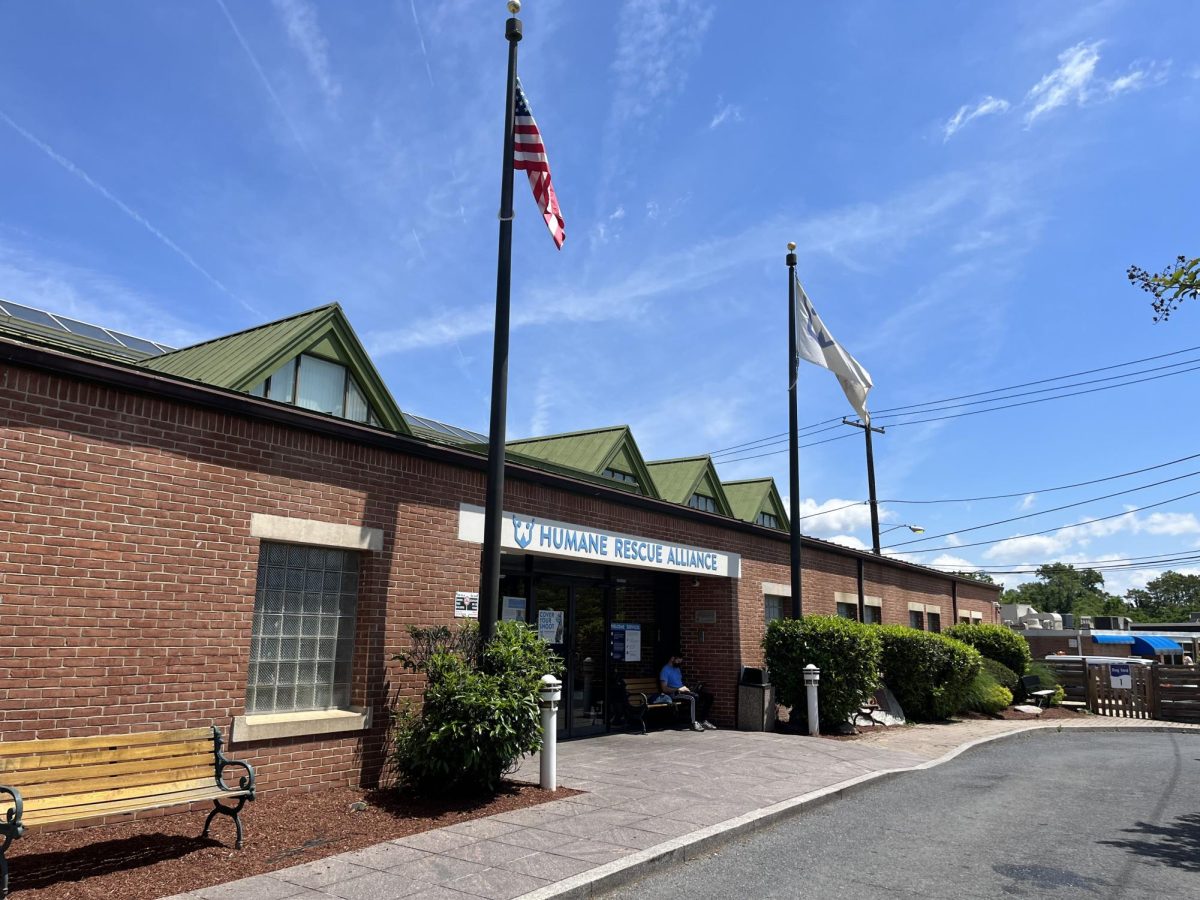The D.C. government body charged with issuing property permits and enforcing building and safety codes has identified and begun investigating 86 landlords in the Georgetown area believed to be operating with invalid or nonexistent business licenses.
Although the Department of Consumer and Regulatory Affairs routinely investigates landlords on an individual basis, the most recent wave of inspections is landlords based in an area primarily populated by college students living off campus in leased residences. According to the College Board, 30 percent of Georgetown students live in housing not owned by the university.
“This effort, I think, is the first in a while that has this large number [of violations],” said DCRA Communications Director Mike Rupert. “I think in the end, it’s definitely raising awareness.”
The DCRA sent letters to 126 local landlords suspected of operating with an invalid or nonexistent business license in January. The landlords were given 10 business days to apply for or produce an existing license and have their properties inspected, with the stipulation that those who did not comply would be subject to a DCRA investigation. Of those 126 landlords, 40 began the license application process during the 10-day grace period.
To address the unresponsiveness of the 86 remaining landlords, the DCRA now plans to collect evidence of any suspected illegal activity on the landlords’ part, including testimony from property tenants.
“We actually need to prove . that the properties are being rented,” Rupert said. “It really depends on the cooperation [of rental tenants].”
Once in court, sanctions levied against the unlicensed landlords will vary according to their level of compliance with the investigation and making property repairs. Some landlords will be charged a fine – fees for operating an illegal business start at $2,000 – while others could face a court order or prosecution from the D.C. attorney general if they decline to make the repairs called for by the DCRA standards. If a landlord takes too long to make property repairs or does not appear in court, the penalties would also increase.
Rupert said the DCRA is not interested in merely imposing fees on illegal landlords.
“Our big thing is not to levy fines – it’s to make sure that properties are safe,” he said.
Although the DCRA encourages students to request to see their landlords’ licenses, it is not releasing the names of landlords or property addresses under investigation.
Publicizing such information, Rupert said, could lead some landlords to intimidate tenants and discourage them from offering testimony to the DCRA.
“We’re really investigating potential illegal business. That’s what they are, so we don’t discuss potential investigations,” Rupert said.
Rupert said that because the addresses are spread throughout the area surrounding the university, it is likely that students occupy many of the properties in question.
“Whether [the tenants are] students or not doesn’t really matter to us. Our thing is that it’s being rented, it’s an unlicensed, uninspected property,” Rupert said.
The problem of unlicensed or illegal landlords is not restricted to the Georgetown area, Rupert said, but to any university area where students live off-campus.
Thirty-six percent of students at American University live off-campus, while less than 30 percent of undergraduates at the Catholic University of America do, according to the College Board.
About 2,000 – or about 19 percent – of George Washington University undergraduates live off campus, according to GWU’s director of media relations, Michelle Sherrard.
Sherrard said that the university helps students find off-campus housing options through housing programming, an online guide to off-campus housing and online tip sheets for finding an off-campus rental. The Office of Off-Campus Student Affairs’ Web site also directs students to the DCRA site, which encourages students to have their properties inspected.
Georgetown’s Off-Campus Housing Web site provides similar resources. It allows students to search for off-campus housing and roommates and provides tip sheets about average costs, security deposits and tenant rights. It also refers students to the DCRA in case of concerns about fire safety and inspections.
About 40 percent of undergraduates at Howard University live off campus, said Marc Lee, the university’s interim dean for residence life. He said that while the University’s Office of Resident Life provides an online listing of rental properties in the area, there are few apartment complexes surrounding the campus.
Because many off-campus students opt to rent in small houses rather than larger apartment complexes, the high rental population makes Howard another area where illegal landlord activity may be high, Rupert said.
“There’s a lot of students who live in some of the older housing in and around [the university], similar to Georgetown,” Rupert said. “There’s such a high number of students living off-campus in such a concentrated area.”
Lee said the university is investigating using a company that would inspect all rental properties before students move in, thus providing students with a broader, safer range of off-campus housing options. He added that his office has received some student complaints about landlords – ranging from not replacing locks after tenants report stolen keys or turning off the heat during certain hours of the day during the winter. All of these property offenses were reported to the DCRA, he said.
“We do encourage our students to have their property inspected before signing a rental agreement and to have their parents engaged in the process as well,” Lee said.
But while the DCRA has promoted student outreach at Howard and other area universities through door-to-door efforts and official campus events, it has not planned a heavy crackdown on unlicensed landlords in the Howard area – or in the neighborhood of any other D.C. university – as it has in Georgetown.
“In terms of a big sweeping investigation, we haven’t done that there – not a big search like we’re doing now [in Georgetown],” Rupert said. “If we’re able to compile a list [of questionable properties in other university areas] . that’s definitely a possibility.” “






